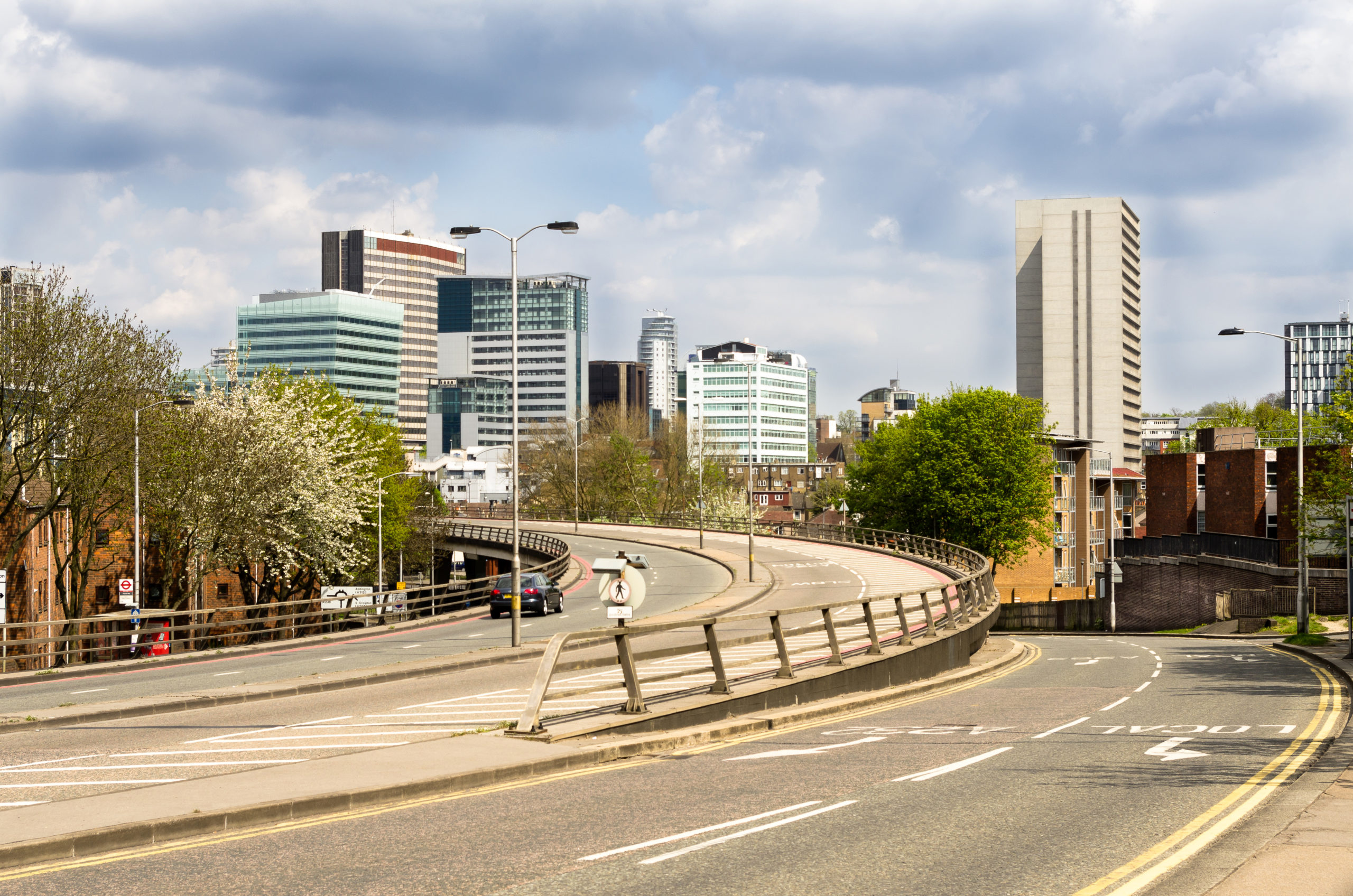latest
Mental health trust spends £3m on B&B places for patients
South London and Maudsley is discharging homeless patients to bed and breakfast rooms and specialist housing association accommodation
“Social care budgets are limited but [a] particular issue for us is in Croydon and we are working with system partners to reduce this and make discharge easier.” David Bradley, chief executive, South London and Maudsley Foundation Trust
A London mental health trust has spent £3.1m since April last year on bed and breakfast rooms in order to ease pressure on bed spaces.
South London and Maudsley (SLaM) Foundation Trust, which serves four London boroughs, told HSJ that clinicians were often reluctant to discharge homeless patients on to the street, and that people with mental health problems could be more challenging to find accommodation for. As well as discharging patients to B&Bs, the trust has discharged some to Certitude, a specialist housing association. Certitude, which works to help people back into other accommodation, had 36 places available for discharged patients.
David Bradley, SLaM’s chief executive, told HSJ that integrated care system leaders had been asked to think “innovatively” about how to mitigate discharge problems. B&Bs are usually both cheaper and more appropriate than a £500-a-night mental health bed in cases where the patient does not need acute treatment but has no housing to go to, he said. He added: “Social care budgets are limited but [a] particular issue for us is in Croydon and we are working with system partners to reduce this and make discharge easier.”
Bradley said he hoped the £200m hospital discharge fund recently announced by government and NHS England would help.
SLaM has fewer beds than other areas
HSJ reports that SLaM board papers also show that the trust has, in the current financial year, spent £7m on private sector mental health inpatient beds, taking it £6.4m over its planned budget for this overspill capacity. It has a target of zero private overspill occupied bed days but has seen 1,356 so far this financial year. A report to SLaM’s January board papers noted “barriers to discharge not [being] identified early enough nor actioned daily” and a “lack of timely engagement from external agencies/partners”.
Another part of the report said that the Certitude-supported housing places had been allocated for Croydon patients “because they had the biggest need.”
A board report also said that “organisational culture means overall pathway risk is not always considered”, and that SLaM had fewer beds than many areas compared to its need-weighted population
SLaM is not the only mental health trust dealing with capacity problems. Bed occupancy rates for inpatient mental health beds are running at more than 95%, which is similar to the occupancy currently experienced in acute hospitals.
FCC Insight
This story is the latest example of how a shortage of beds, coupled with a surge in demand, is hitting the NHS. The cuts to local authority budgets, which have made it harder for them to accommodate homeless and vulnerable people, are putting mental health trusts in an impossible situation. It’s understandable that at least one is resorting to making use of B&B accommodation, but it’s not a sustainable solution in the long term, nor an appropriate one. The NHS does not exist in isolation, and government has to tackle not just a shortage of beds, but the problems of social care and affordable housing if we are to ease the pressures on acute and mental health hospitals.
